Like the Titan, NZ Labour is threatening to implode under pressure
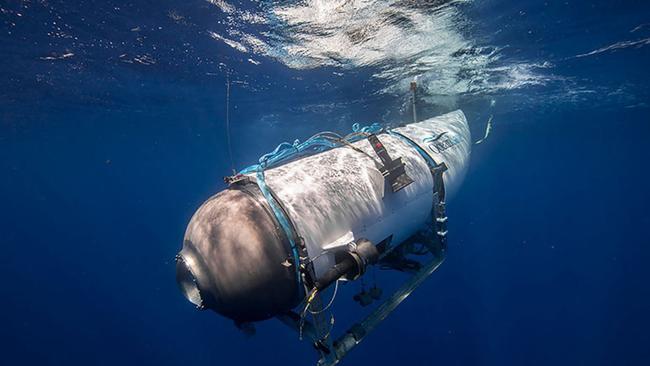
Months out from the October 14 general election a steady flow of allegations of ill-behaviour and proven transgressions by Labour MPs and cabinet ministers is helping to seed the idea that the party is stale, arrogant and lacking in good character and competency.
These self-inflicted wounds threaten to rob the government of a third electoral victory.
A government is only as good as its component parts – its MPs. And of late, many of them have been found wanting.
Metaphorical of Labour’s consistently poor working parts is the recent flap about the enfeebled and much derided New Zealand version of Air Force One.
The plane – an ageing New Zealand Defence Force Boeing 757 – ferried Prime Minister Chris Hipkins and a large New Zealand business delegation on their recent China trip.
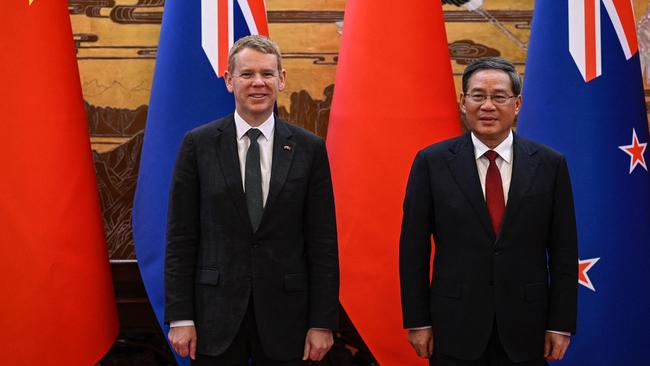
However, such is the plane’s unflattering track record of break downs during long-haul hops for previous prime ministers, a second plane was dispatched as a back-up to shadow Hipkins’ plane. The opposition delighted in capitalising on nationwide embarrassment over the move by claiming it was “wasteful” and “environmentally unsound.”
A darker metaphor to describe the government’s cracking, creaking working condition is perhaps the tragic final journey of the ‘Titan’ submersible in the North Atlantic, near the wreckage of the Titanic. The sub seems to have imploded, in large part, due to vastly imperfect working parts operating under great pressure.
To a certain degree and within less violence, this is what seems to be happening to the Labour government.
The stress was already showing under Chris Hipkins’ predecessor Jacinda Ardern, but her charisma and huge popularity managed to camouflage the cracks in her caucus that under Hipkins are getting ever wider.
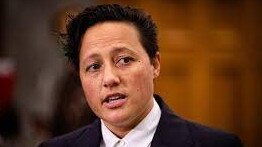
The latest Labour MP to court controversy and cause the party pain is justice minister Kiri Allan, no stranger to bad headlines. Allan’s latest infraction concerns her working relationships from over a year ago, amid claims she mistreated staff in her office, with public servants – some senior level – claiming Allan yelled and screamed them.
Allan has refuted the claims and Hipkins moved expeditiously to assert they had already been adequately addressed by department heads.
However he’s been far from fulsome in backing his controversial minister, saying only the two will meet to discuss Allan’s working relationships after he returns from his trip to Europe, where he will attend the NATO Summit in Lithuania and sign the NZ-EU Free Trade Agreement.
He wouldn’t want the Allan affair to distract and detract from another key overseas trip, as it did during his recent visit to China – his biggest foreign trip to date.
Once considered a party leadership prospect, Allen is now a political lightning rod attracting all sorts of questions about her judgment and temperament.
In April, she had to publicly apologise for lambasting state broadcaster Radio New Zealand for its culture and treatment towards Māori broadcasters at the farewell function for her then fiancee, journalist Māni Dunlop.
Also in April, Allan had to deflect conflict of interest questions in her financial and political campaign dealings with Race Relations Commissioner Feng Moon, a senior public servant who is prematurely leaving his post under his own financial conflict of interest cloud. Cue another headache for Hipkins.
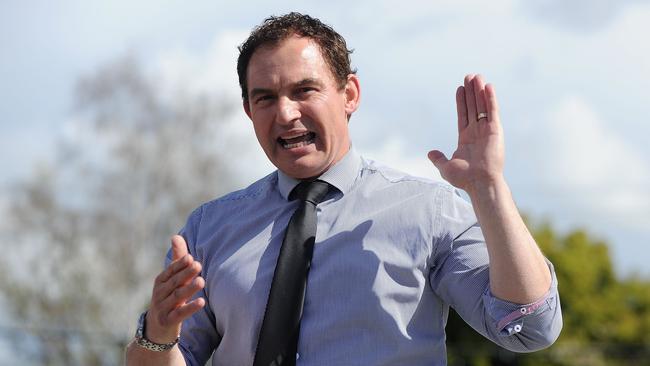
Before Allen came Stuart Nash, the long serving Labour cabinet minister and senior MP who departed parliament once his serial infringements of Cabinet disclosure rules and intrusions into active immigration and police cases came to light.
It keeps coming. Last month Education Minister Jan Tinetti publicly apologised for misleading parliament on school attendance data. Last year, former Labour MP Gaurav Sharma claimed “rampant” bullying was commonplace in the party. Soon after backbencher Anna Lorck underwent leadership training after former staff claimed they were mistreated by her. In a similar vein, prior to her recent jump to Te Pāti Māori, (the Māori Party) former Labour MP Meka Whaitiri also faced allegations from a staff member in 2018 that she was assaulted by the then minister.
Many of these infractions occurred under Jacinda Ardern’s watch but she didn’t easily mete out punishment when many called for it. Though she ultimately took Whaitiri’s portfolios away from her, Ardern seemingly sat on Nash’s long time ill-behaviour during her time at the helm.
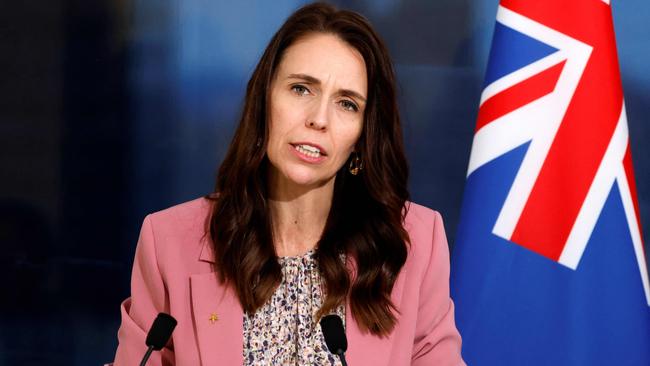
Lowering the hammer wasn’t part of Ardern’s political toolkit: that may be why, within the halls of power, no one truly feared a call from her office.
But now Hipkins is being prevailed upon to clean house as best he can in the hope of restoring this party’s image. Part of the problem is that image also includes growing evidence that talent is not widely dispensed across Labour’s parliamentary team.
In government, Labour historically vests power and control within a tight cadre of capable people – the prime minister, a select few trusted senior ministers and sometimes a powerful chief of staff or key advisor.
Helen Clark was famous for this, while Ardern too relied heavily on a select few ministers to advance her wider agenda. The tradition largely continues under Hipkins as he has largely retained Ardern’s power ecosystem since taking the reins in January.
The result is that the party has a thin bench of truly capable or experienced MPs, and its chronic personnel problem seems proof of this lack of match fitness.
This presents a sizeable problem for Hipkins. For all his political awareness and experience, he doesn’t enjoy the same sort of adoration enjoyed by Ardern which helped propel Labour to two handsome election victories. Unavailable as they are to Hipkins, he needs to stem the flow of bad news and present Labour as a collective ideal rather than an idiosyncratic one.
That will require the party as whole – especially its ministers – being accepted by voters as fully adept and worthy. Though polling is presently tight between Labour and the centre-right opposition National Party, the latter is consistently edging ahead in the race to form the next government.
Time before the election is running short for Labour to rehabilitate its image and install public confidence in its component parts. It is starting to look ragged, and even cynical and entitled, beyond its two terms in power. That’s electoral poison for any party.
Craig Greaves is a NZ-based writer who spent nearly a decade working for the US State Department advising on NZ foreign policy and politics.

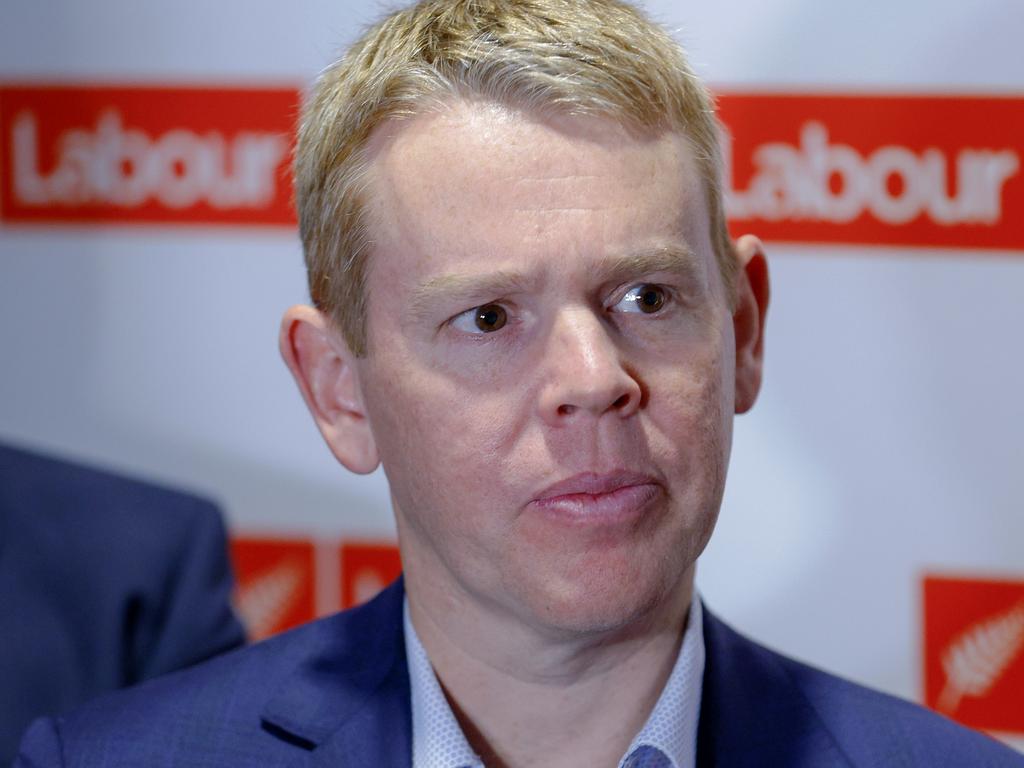
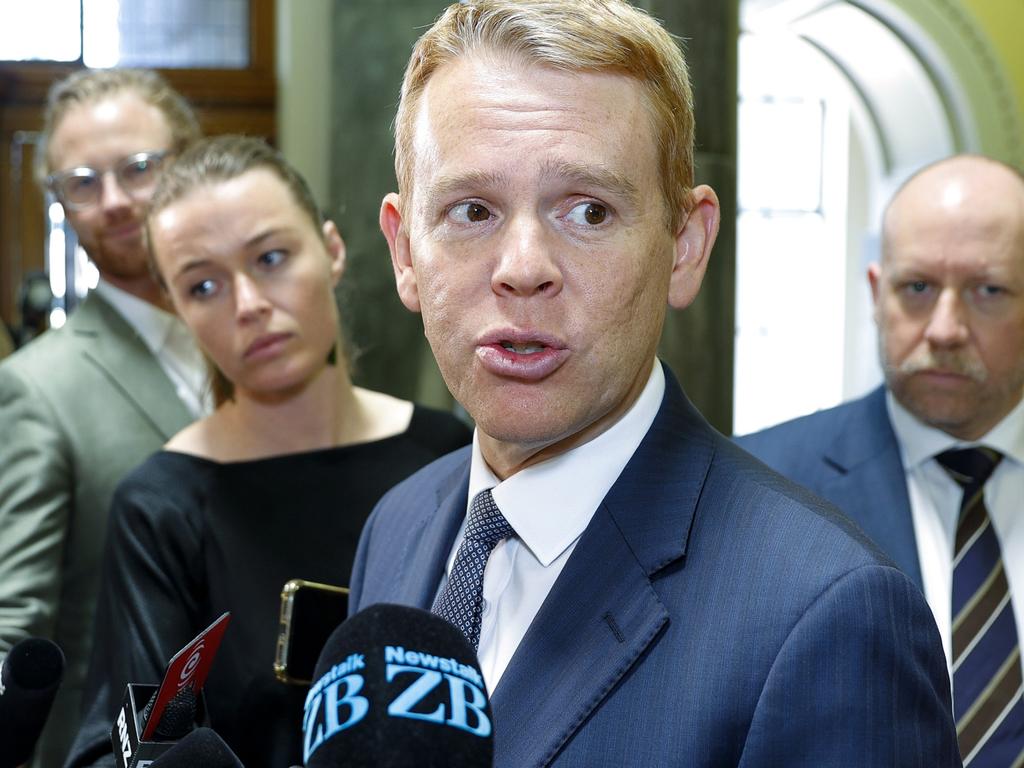
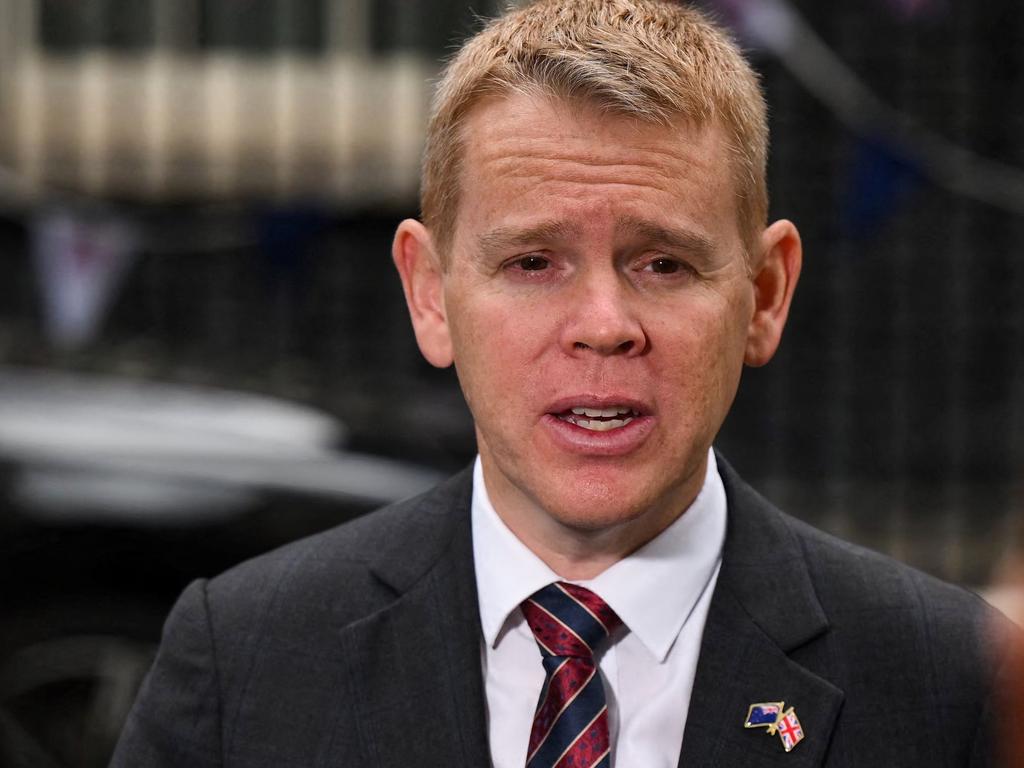
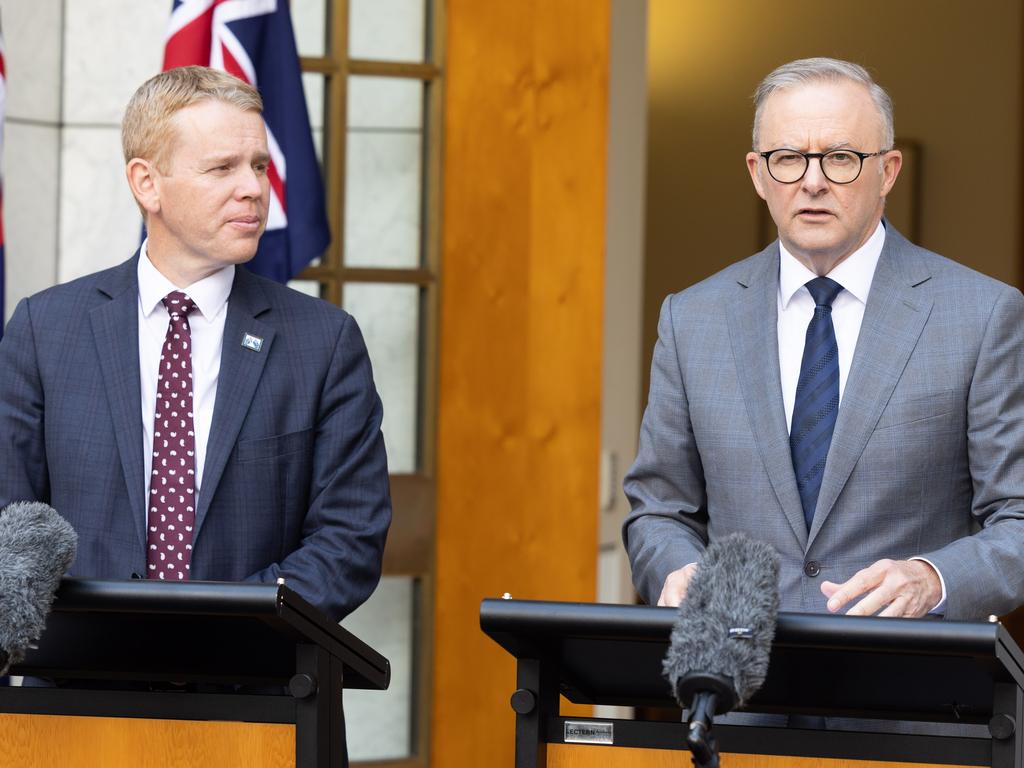


New Zealand’s governing Labour Party is shooting itself in the foot with its biggest re-election glitch possibly coming from within its own ranks.